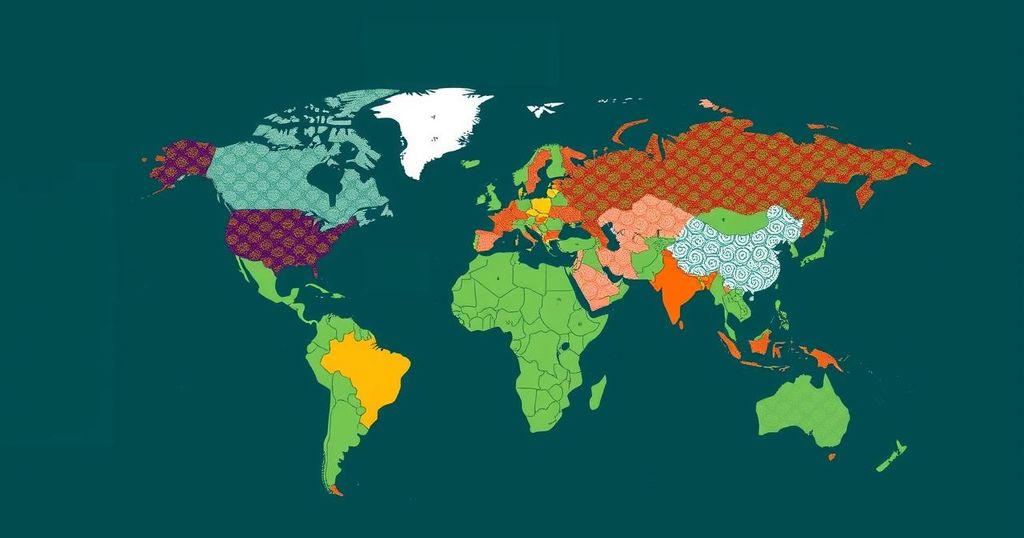UN Warns Global Climate Pledges Inadequate to Meet 2030 Emission Reduction Goals

The UNFCCC warns that current climate pledges will only reduce global emissions by 2.6 percent by 2030, far below the needed 43 percent cut to limit warming to 1.5 degrees Celsius. With COP29 approaching, nations must present stronger NDCs to address the climate crisis effectively. Additionally, greenhouse gas levels are rising at an unprecedented rate, underscoring the urgency for enhanced climate action.
The latest assessment from the United Nations Framework Convention on Climate Change (UNFCCC) indicates that the world’s current climate pledges are alarmingly inadequate in addressing the urgent need for greenhouse gas emission reductions. These pledges, referred to as nationally determined contributions (NDCs), are projected to result in only a 2.6 percent reduction in global emissions from 2019 levels by 2030—an increment from last year’s 2 percent projection. This tepid response starkly contrasts with the 43 percent decline deemed necessary by scientists to adhere to the Paris Agreement’s target of limiting global warming to 1.5 degrees Celsius. In light of these findings, UNFCCC Executive Secretary Simon Stiell characterized current national climate plans as falling “miles short of what’s needed to stop global heating from crippling every economy and wrecking billions of lives and livelihoods across every country.” He urged that the forthcoming submission of new and more ambitious NDCs must signify a turning point in global climate action. The COP29 climate talks, commencing in Baku in two weeks, are expected to be a critical platform where nations will convene to formulate these enhanced pledges and establish a new global emissions trading system, alongside a proposed $100 billion annual financial package meant to assist developing countries in achieving their climate objectives. In further distressing news, a report from the World Meteorological Organization (WMO) highlights that greenhouse gas concentrations in the atmosphere are rising at an unprecedented rate, surpassing levels experienced at any time in human history over the last twenty years. Notably, carbon dioxide levels have risen by 11.4 percent in just two decades, spurred by factors such as severe wildfire seasons that have substantially contributed to increased emissions. Finally, the UN Environment Programme has noted a significant gap between the commitments made by nations and the actionable measures necessary to attain them. The troubling data presented should serve as a call to action for policymakers worldwide to recalibrate their strategies towards achieving meaningful climate goals.
As of the 2015 Paris Agreement, nearly 200 nations committed to reducing greenhouse gas emissions to curb global warming; however, current national pledges are grossly insufficient to meet these targets. The UNFCCC’s recent assessments underscore the gap between scientific recommendations and actual political commitments, emphasizing the necessity for immediate, substantial action to avert dire climate consequences.
In conclusion, the UNFCCC’s assessment reveals a critical shortfall in current national climate pledges, indicating that the world is far from the necessary 43 percent reduction in emissions required to meet Paris Agreement goals. The upcoming COP29 climate negotiations provide a pivotal opportunity for nations to renew their commitment and enhance their NDCs, which are imperative to combat the escalating climate crisis. Furthermore, the alarming rise in greenhouse gas concentrations highlights the urgency for decisive action and collaboration among countries, especially to support developing nations in their climate efforts.
Original Source: www.aljazeera.com






